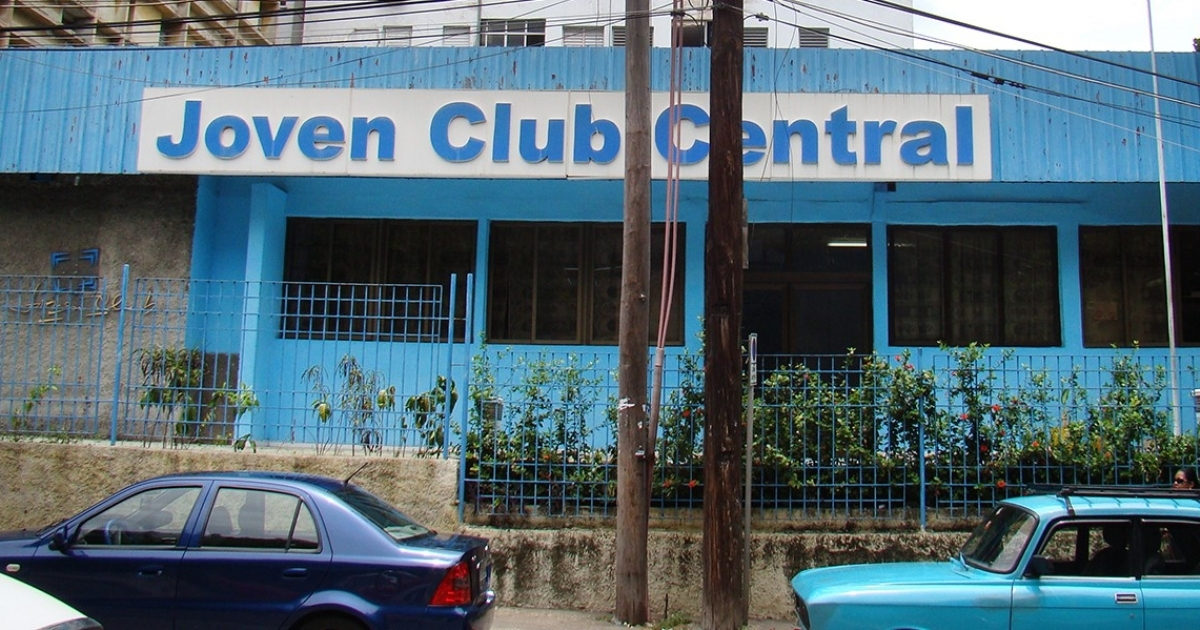
1 | 01/01/2021 – 20:05 (GMT-4)
The Youth Computer and Electronics Club (JCCE) will begin charging for access to wi-fi networks created by Snet, the popular and successful private wireless network that was dismantled by the Cuban government in 2019 to ensure state control over computer services in the country.
According to an official statement reproduced by the Cubadebate portal, “in light of the process of ordering the economy and given the acceptance of the service, the collection will take effect from February 1, 2021. Users they will be able to pay the monthly fee, of 20 CUP, or if they wish they will be able to realize the advance payment of until a year of service “.
“In the first three months, from” February to May, users will be able to pay for the service in two ways: directly at the facility, with the instructor facing the services, or by recharging your Youth Club account via Transfermóvil. from the month of June the payment will be made only through the existing electronic payment gateways in the country “, the communiqué specified.
The information of Cubadebate indicates that there are 28,000 users, which would represent a monthly collection of 560,000 Cuban pesos. However, it is a fact that Tinored, Snet’s official replacement platform, took over all the infrastructure, model and part of the users of the previous private network.
Services in this JCCE network include online video games, a state-run version of the Weekly Package called My Backpack, a social network called Tendedera, the Cuban encyclopedia EcuRed, and national messaging and email services, including others.
In mid-2019, Resolutions 98 and 99 of the Ministry of Communications (MINCOM) came into force, which established that Cubans could manage private networks and register as cuentapropistas through a license, but with various conditions.
Requirements included the need to control content in favor of Cuban government interests, and the establishment of a limit for wireless networks that did not exceed 100 millivatios. Mesh nets and cables that necessarily crossed the streets to extend the service were also prohibited.
The crossing of cables in the streets was what caused the dismantling and cancellation of the popular Snet, which came to have about 40 thousand users in various municipalities of Havana.
Young Cubans who had spent years maintaining and expanding the private network staged several protests in front of MINCOM headquarters in Havana, but were eventually silenced and forced to fragment.
Prior to this ban, the JCCEs of the Cuban state did not have a wifi wireless network service as an alternative to the shortcomings of the internet, but adopted the Snet logic and experience to, after a free year, start charging for the services they usurped.
We need your help:
Like you, thousands of Cubans they read and support CiberCuba’s independent journalism. Our editorial independence begins with our economic independence: no organization in any country finances CiberCuba. We make our own agenda, publish our opinions and give voice to all Cubans, without external influences.
Our newspaper has been funded to date only through advertising and equity, but that limits what we can do. That’s why we ask for your help. Your financial contribution will allow us to do more investigative journalism actions and increase the number of contributors who report from the island, while maintaining our editorial independence. Any contribution, big or small, will be very valuable for our future. From only $ 5 and with just one minute of your time you can collaborate with CiberCuba. Thanks.
contribute now